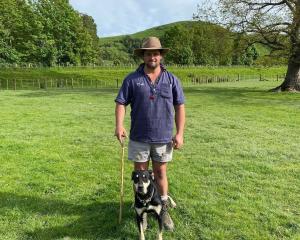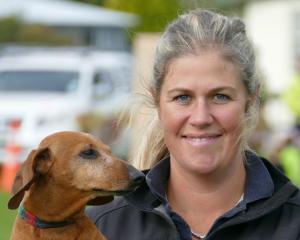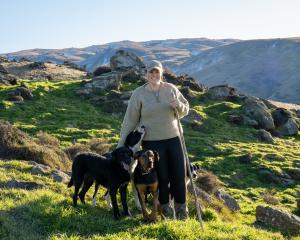
Last year, the Aquavan went to schools and catchment groups and was used to teach people about how the marine environment could be affected by what happened on farms.
The Aquavan has been part of the New Zealand Marine Studies Centre in Dunedin for just over a year.
It was designed as a way to transport animals and continue research and teaching about marine life after the aquarium at the centre closed down.
Specially designed to transport marine species, the van is equipped with chilled recirculating seawater tanks.
During visits to classrooms and community halls, a mobile touch tank means people can encounter various live marine animals.
It was originally funded by the University of Otago and Curious Minds.
New Zealand Marine Studies Centre director and Aquavan project co-ordinator Sally Carson said a recent funding boost of $91,663 would help build on community engagement this year.
Thanks to the funding, the Aquavan and its services were free, Ms Carson said.
''It's great because we can go to small rural schools who we may otherwise not have been able to connect with.
''We want to link the schools programme with community events and engage the community with education.''
Not only will the Aquavan visit Otago and Southland this year, but will also go further afield to South Canterbury and South Westland.
Ms Carson said those involved in the project last year had great conversations with groups and farmers at the community events.
''These conversations are very valuable ...
''We get to extend the learning further than the classroom and engage all age groups.''















